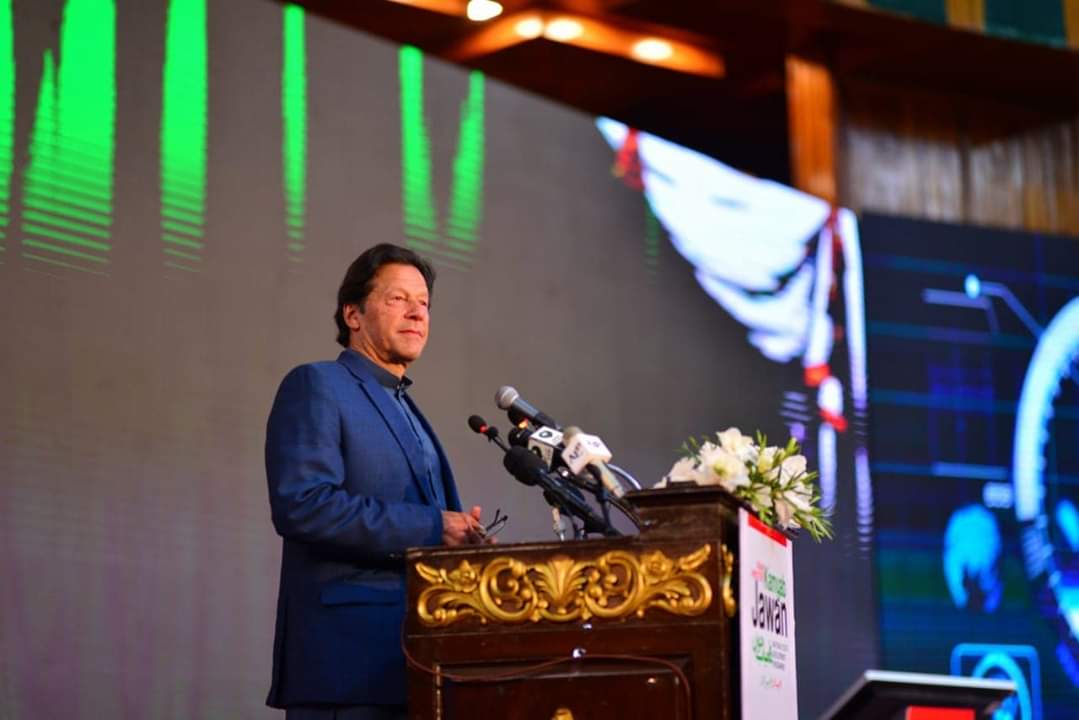
The government will give loans under the Kamyab Pakistan Programme (KPP) across the country without enhancing the overall lending envelope after the programme partners could hardly disburse Rs1.4 billion against a reduced quarterly target of Rs30 billion.
The Economic Coordination Committee (ECC) of the cabinet on Thursday approved a summary moved by the finance ministry for the expansion of the KPP across Pakistan. The ministry said it had proposed the KPP’s expansion as per already-approved features by the cabinet to enhance its outreach and impact.
The wholesale lending partners – the Akhuwat Foundation and the National Rural Support Programme (NRSP) – had told the finance minister last month that the disbursement remained low because the programme’s outreach was limited to two provinces and certain special areas only.
The ECC was informed that the first quarter of the KPP had been completed. The disbursements target for the first quarter was Rs30 billion but the NRSP and the Akhuwat Foundation disbursed loans worth Rs1.4 billion, which was 4.7% of the reduced target and 1% of the original target of Rs129 billion.
Prime Minister Imran Khan had launched the programme in October last year for Balochistan, Khyber Pakhtunkhwa, Gilgit Baltistan and Azad Jammu and Kashmir and the poorest districts of Punjab – Rajanpur, Dera Ghazi Khan, Muzaffargarh and Rahim Yar Khan – and Sindh – Tharpkhar and Umerkot.
Read ECC may okay Rs18.36b more for ECP today
Although Finance Minister Shaukat Tarin has repeatedly been saying that Rs1.4 trillion worth of loans will be disbursed to millions of beneficiaries in three years, the government’s internal documents show that the actual programme size is Rs228 billion, which it plans to disburse among 738,000 people.
Among other agenda items of Thursday’s ECC meeting, the Energy Ministry withdrew a summary that had been moved to make Rs182.4 billion payments to the government-owned power plants.
The ECC approved Rs12.4 billion to import 100,000 metric tons of urea from China, including a subsidy of Rs9.3 billion. However, the cabinet body decided that the subsidy would be given on an equal cost-sharing basis between the federal and the provincial governments.
Last month, the cabinet had allowed the import of 100,000 metric tons of urea from China on an emergency basis due to the Industries Ministry’s wrong projections that led to the shortage of the commodity in the country.
The ECC set the dealer transfer price for a 50-kilogramme imported urea bag at Rs1,718 per bag by the NFML, excluding the dealer margin of Rs50 per bag. The difference in the urea import price and the dealer transfer price had been estimated at Rs9.3 billion and the subsidy would be borne by the taxpayers.
The Industries and Production Ministry submitted a summary to give priority to the berthing of the TCP’s urea vessels at the Karachi port. Considering the urgent requirement of urea in the country, the ECC approved the proposal.
The ECC approved duties and taxes exemption worth Rs1 billion on import and supply of oxygen in the country for medical purposes till June 2022 to cope with the fifth wave of Covid in the country. The Finance Ministry and the Federal Board of Revenue (FBR) had opposed the exemption.
Read more ECC okays $11.6m for Chinese victims
The ECC also approved, in principle, a summary presented by the Defence Production Ministry for extending the defence credit line facility of $50 million to Sri Lanka to enhance bilateral defence and security cooperation. The facility was announced by Prime Minister Imran Khan during a visit to Colombo in February last year.
Afghanistan aid
The ECC approved a Rs200 million supplementary budget for making three hospitals in Afghanistan operational. The 60-bed Nishtar Kidney Hospital in Jalalabad, 200-bed Jinnah Hospital in Kabul and 100-bed Aminullah Khan Logari Hospital in Logar are being constructed with Pakistan’s financial assistance.
The cost of the projects, launched in 2014, had escalated to Rs2.4 billion and so far Rs1.9 billion had been spent. The Health Ministry had sought Rs488 million additional budget, but the government did not approve due to fiscal constraints.
The ECC approved a Rs18.3 billion budget for the Election Commission of Pakistan (ECP) to hold local bodies elections in Sindh, Punjab, Balochistan and Islamabad Capital Territory (ICT) and for the periodic revision of the electoral rolls.


1732569774-0/Baymax-(2)1732569774-0-165x106.webp)















COMMENTS (2)
Comments are moderated and generally will be posted if they are on-topic and not abusive.
For more information, please see our Comments FAQ